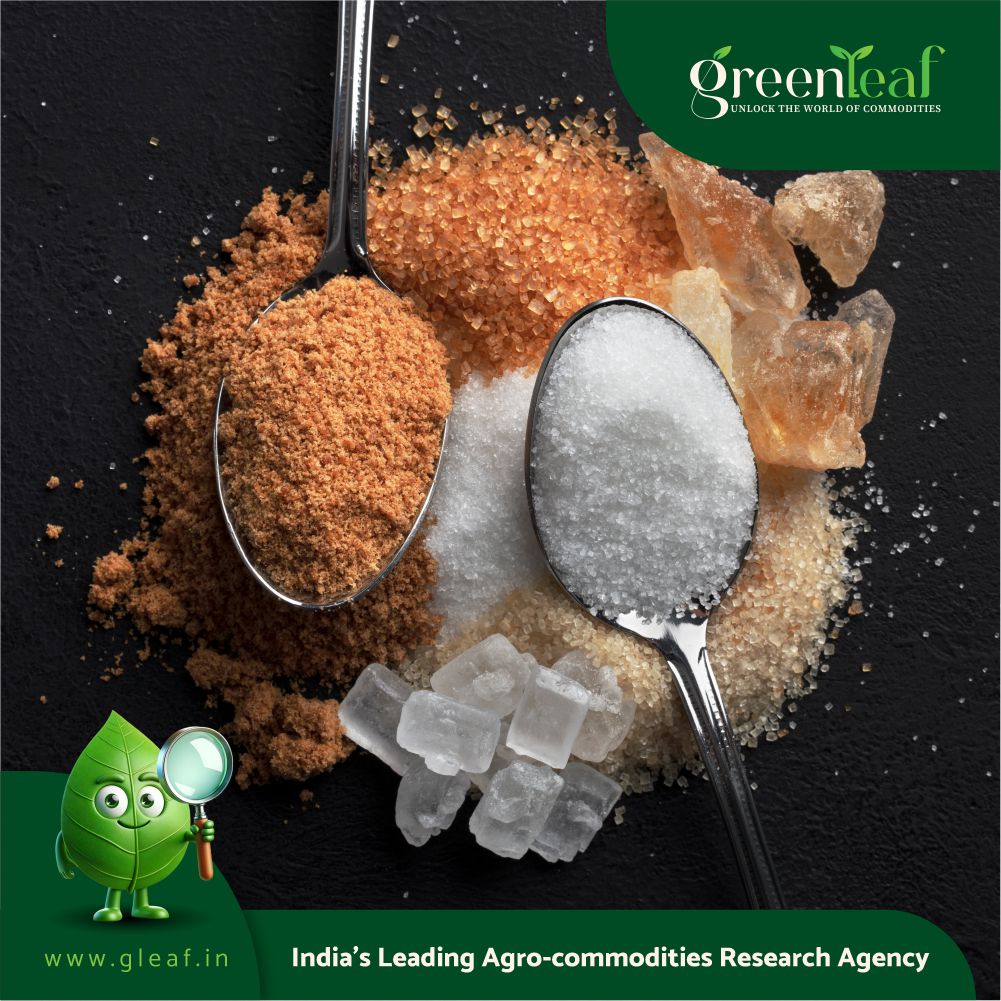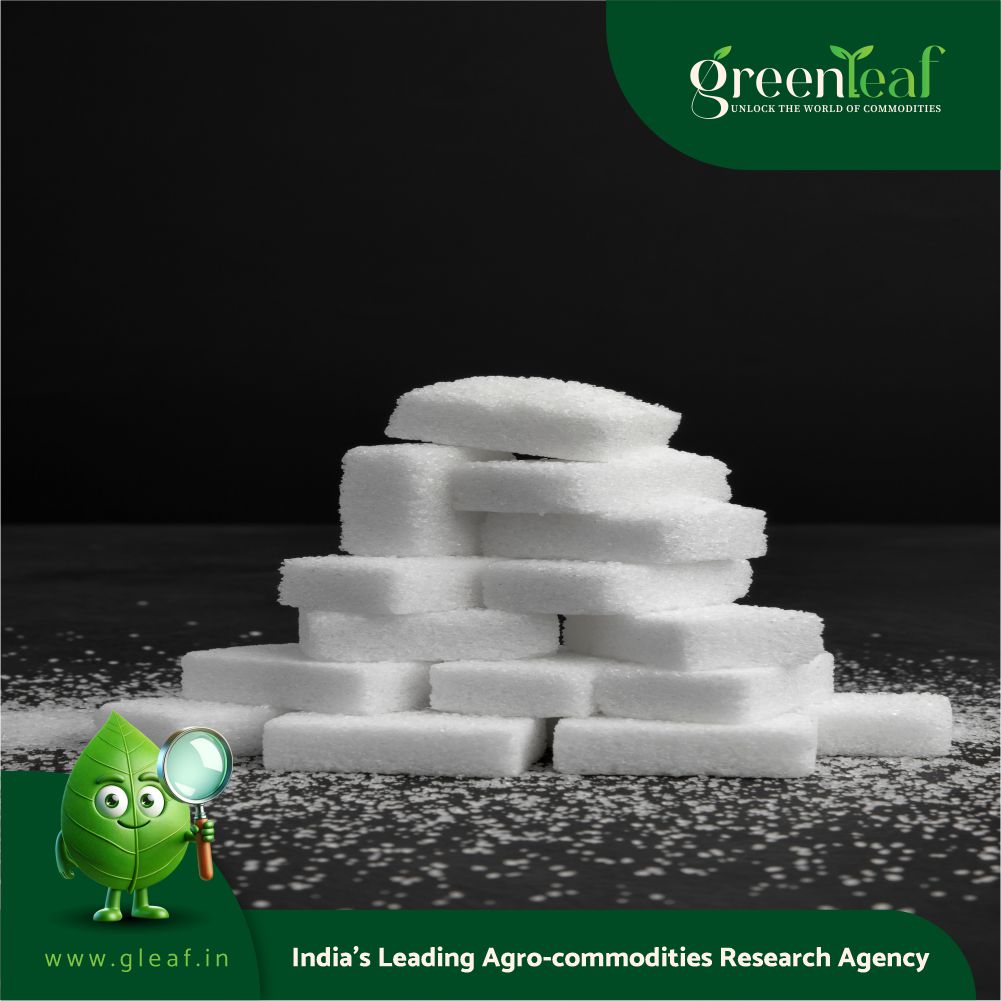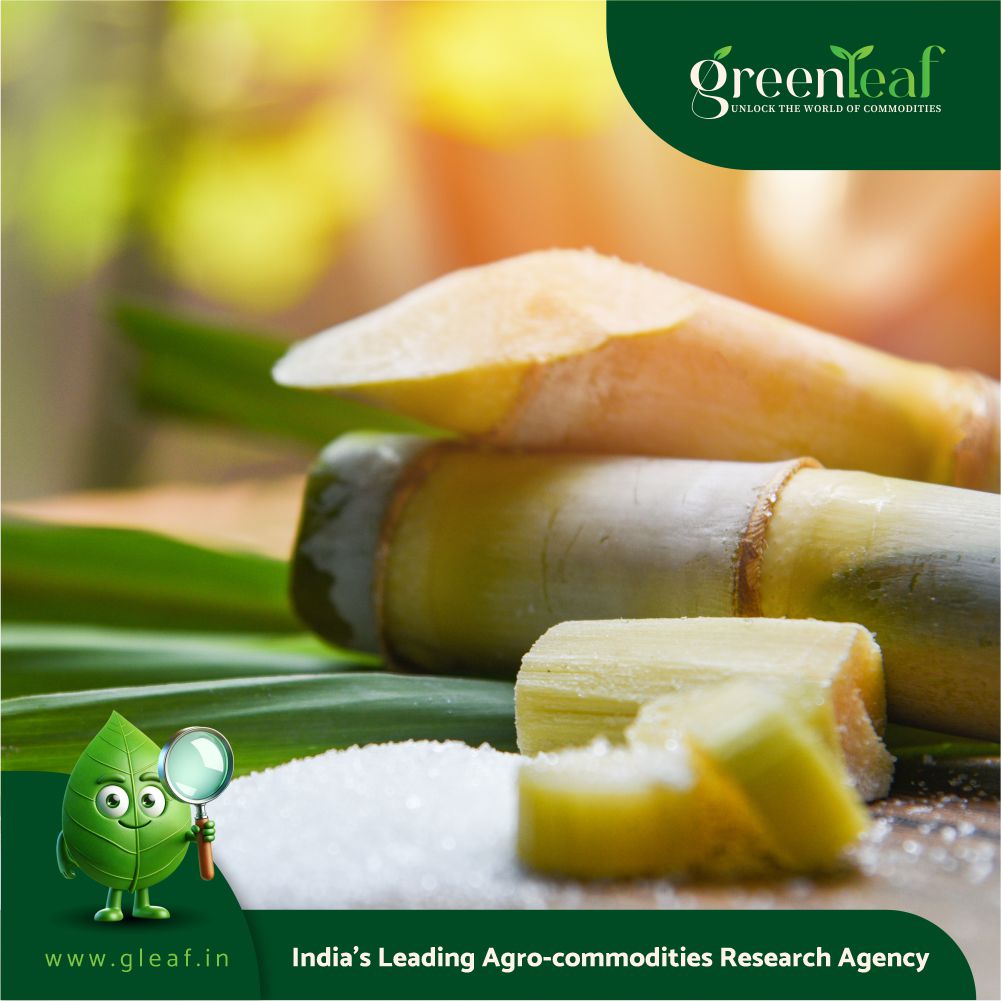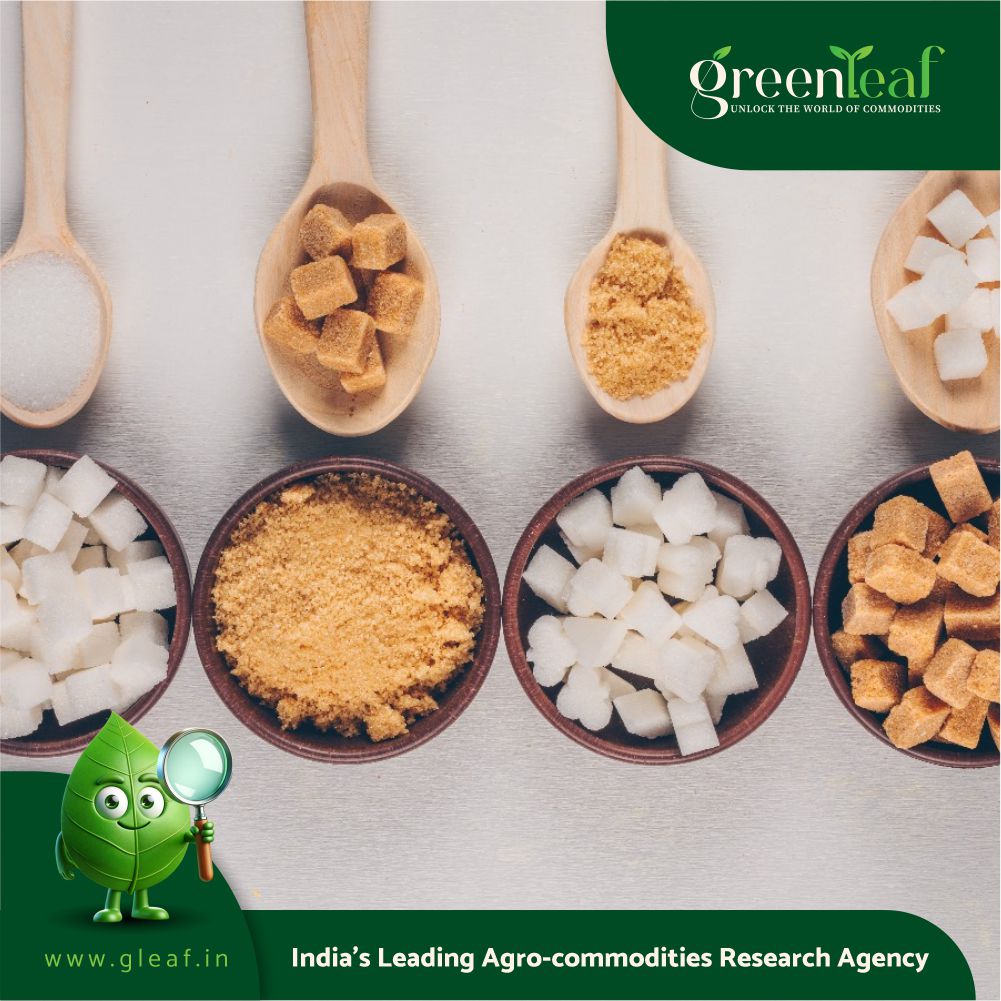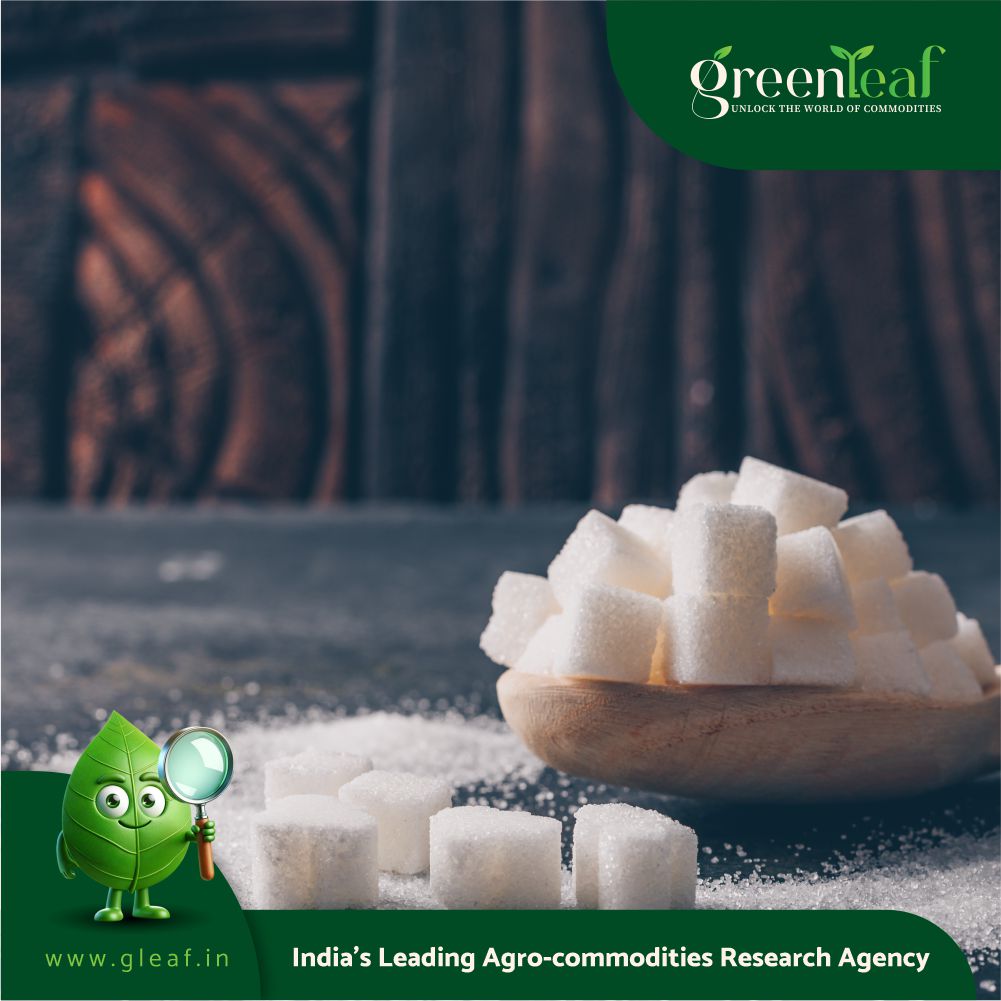At RM2.85 per kg, the price of sugar in Malaysia is among the cheapest in the world . (Photo by Low Yen Yeing/The Edge)
This article first appeared in The Edge Malaysia Weekly on May 12, 2025 - May 18, 2025
LOCAL sugar refiners MSM Malaysia Holdings Bhd (KL:MSM) and Central Sugars Refinery Sdn Bhd (CSR) are in talks with the government to seek an imposition of tariffs on imported sugar.
MSM is a subsidiary of FGV Holdings Bhd (KL:FGV) while CSR is part of the Tradewinds group of companies.
“We have requested the government as a joint industry to consider tariff imposition on the imported sugars,” MSM’s group CEO Syed Feizal Syed Mohammad says in an interview with The Edge.
“I think then (after the imposition of tariffs) at least, the industry will have a better level playing field against the dumping practices. [The tariffs] should be looked at seriously by the government to ensure that these dumping practices are not rampant. The government can also earn some income and revenue for the country,” he explains.
Syed Feizal says while imports rose over the past year, the situation worsened in late 2024 when large amounts of sugar from Thailand were dumped here after China acted to curb liquid sugar imports from Thailand by imposing a stiff 48% tariff. That, in turn, resulted in a million tonnes of sugar flooding into regional markets, including Malaysia.
Why tariffs are needed
Malaysia allows the import of 70,000 tonnes of sugar a year. According to Syed Feizal, recent imports have been as high as 250,000 tonnes because of the dumping of Thai sugar.
“Malaysia has zero tariffs. That is why we are trying to request for the government [to impose tariffs] because normally, sugar imports are controlled up to 70,000 tonnes a year, which doesn’t affect the local industry. But beyond that, you get distortion in prices and so forth. When someone dumps, it is a distorted price, not a true price. So, we do not want to get into that sort of [price] competition,” he says.
Sugar, which falls under Section 5 of the Supply Control Act 1961 and Schedule 1 of the Supply Control Regulations 1974, is a controlled item and its imports require approved permits (APs).
In mid-2019, the Domestic Trade and Consumer Affairs Ministry (since renamed Domestic Trade and Cost of Living Ministry) issued eight companies with licences or APs to import sugar for the food and beverage industry. The then deputy minister Chong Chieng Jen was reported to have said that the import permits would help reduce the cost of production in factories, as the price of raw sugar was RM1.40/kg, while that of refined sugar was RM1.80/kg.
In November 2023, Datuk Armizan Mohd Ali, who was then acting Minister of Domestic Trade and Cost of Living, said after a disruption of sugar supply in Sabah and several areas in the country, that the government had granted 43 companies APs to import sugar to ensure there was a stable supply. How many of these companies actually imported the commodity is not known.
Channel checks show that Federasi Koperasi Pemborongan dan Peruncitan Malaysia Bhd, Malindo Exim Sdn Bhd and Doorstep Retail Sdn Bhd are among the larger sugar importers. Federasi Koperasi Pemborongan dan Peruncitan Malaysia is known for its packeted “Gula Cooperative”.
Refining licences were also issued to other companies, with the aim of broadening the refining market from the MSM and CSR duopoly, but the high costs proved to be a barrier to entry. For instance, Gula Sabah Sdn Bhd, which is 60% controlled by Borneo Sugar Holdings Sdn Bhd, a company linked to businessman Datuk Tan Hock Kien, acquired 2,800ha of land in Kuala Penyu, Sabah, for the cultivation of sugar cane, but the venture failed to take off.
Syed Feizal says, “[Dumping] took some volume from the industry and that is why we are asking the government to control the APs. I think that, now, it is being seriously looked at. We’ve got some assurance that it is happening. So, I think all the APs will now be restricted and [revert] to the old scheme of 70,000 tonnes.”
On whether there is a need to import sugar, he says, “Technically you don’t need [to] when there’s enough capacity.”
According to the Domestic Trade and Cost of Living Ministry, Malaysia’s sugar demand is about 1.7 million tonnes a year. MSM and CSR have a combined capacity of 2.8 million tonnes a year.
“Sugar demand is growing year on year. In a recent study we commissioned, by 2031, Malaysian sugar [demand] will be about 2.1 million tonnes,” Syed Feizal says.
While the jump from the current 1.7 million tonnes to 2.1 million tonnes is a substantial 23.5%, MSM will still need to export sugar to fully utilise its Johor plant.
Higher costs
MSM’s refining costs are generally higher than that of refiners from countries such as Brazil, India, South Africa and Thailand, many of which also own sugar cane plantations. These producers use sugar cane bagasse, which are the remains of crushed sugarcane, as biofuel, reducing costs significantly. Gas accounts for as much as 35% to 45% of MSM’s refining cost.
“Yes, we acknowledge the fact. An advantage of producers from, say, Thailand, [is] that [they] can convert bagasse, the sugarcane waste, into electricity [to] generate income. So, they knock off the cost of gas. Here, we don’t have that advantage. But the market acknowledges MSM’s prime quality. There is a premium,” says Syed Feizal.
“[But] at RM2.85 [per kg], we have probably the world’s cheapest sugar. I’m not sure what the current price is in India, Brazil and Thailand but it is above RM2.85/kg. Even with bagasse, [their sugar] is still [priced] higher [than Malaysia]. Thailand is close to RM4/kg. Brazil, we calculated the [Brazillian] real, it was about RM3.60, RM3.70. India, I’m not sure, but they could be below RM3 because of government intervention. But other countries like the Philippines [charge] something like RM9. Indonesia is RM5.80 and recently announced they’re going to increase further. Singapore is already close to RM6.50 to RM7 and even Vietnam [prices are] RM5 to RM6. Laos is also the same [while] Bangladesh is about RM5.30.”
In the past, attempts to get the government to increase sugar prices proved futile.
In May 2023, a proposal to the government for a hike of as much as RM1 for coarse sugar, from RM2.85/kg, was mooted by MSM and CSR, but it did not materialise.
There are two sugar markets — wholesale and industries. There is a ceiling price in the wholesale market, which caters to consumers, while the selling price to industries is based on a formula — the Sugar #11 futures contract, which is the benchmark index, with a premium added on.
Sugar subsidies, which were as high as RM600 million a year at one point, were removed in 2013 — three years after the country’s richest man Tan Sri Robert Kuok Hock Nien’s PPB Group Bhd (KL:PPB) sold its stake in MSM to FGV for RM1.22 billion, in 2010.
However, starting November 2023, MSM and CSR received an incentive of 8% of total revenue, which MSM says is “to address the systemic anomaly in the retail price of packed sugar sold in Malaysia, which ranks as the lowest in the region”.
For its financial year ended December 2024, MSM chalked up net profits of RM31.25 million on the back of RM3.54 billion in revenue, which works out to an incentive of RM283 million.
In short, if not for the incentives, the situation could have been worse due to the ceiling price.
Despite the drawbacks, MSM in January 2022 beat 10 other parties to win a RM300 million contract from The Coca-Cola Co to supply the soft drink manufacturer’s domestic and international production over a two-year period.
“Both Prai and Johor are accredited to Coca-Cola’s standard. In sugar, Coca-Cola accreditation or qualification is the gold standard. So, we have no issues supplying almost any customer with our sugar. Even [South] Korea is buying and it is quite a complex, sophisticated market. We are in Asia-Pacific — that is a four million to five million tonne per year market. So, we have no issues in terms of capturing export market share,” he says.
Need to export
MSM has an annual refining capacity of 2.05 million tonnes at its two wholly-owned refineries. MSM Prai Bhd operates a refinery in Penang with an annual production of 960,000 tonnes of refined sugar. MSM Sugar Refinery (Johor) Sdn Bhd’s plant, built at a cost of RM1.25 billion and which commenced operations in 2019, has a refining capacity of one million tonnes of sugar but can be ramped up with additional capex.
To turn the corner, the Johor refinery’s utilisation rate has to be more than 50%, which it has yet to achieve. This is a moving target, with the latest breakeven date targeted for the end of this year.
The key to meeting the 50% target lies in exports. According to MSM’s FY2024 annual report, the refiner exported 179,862 tonnes of sugar in 2024, with the top five destinations being China with 56,447 tonnes or 31.38%, Singapore 44,739 tonnes (24.87%), Philippines 40,001 tonnes (22.24%), Indonesia 23,900 tonnes (13.29%) and Thailand 14,775 tonnes (8.22%).
“So [while MSM’s price is higher], it’s not significantly higher. it is just fractionally higher, recognising the premium industry players are willing to pay [for quality]. So, we can take advantage of that positioning,” Syed Feizal says.
MSM’s stock ended trading at RM1.48 on May 8, translating into a market capitalisation of RM1.04 billion.












